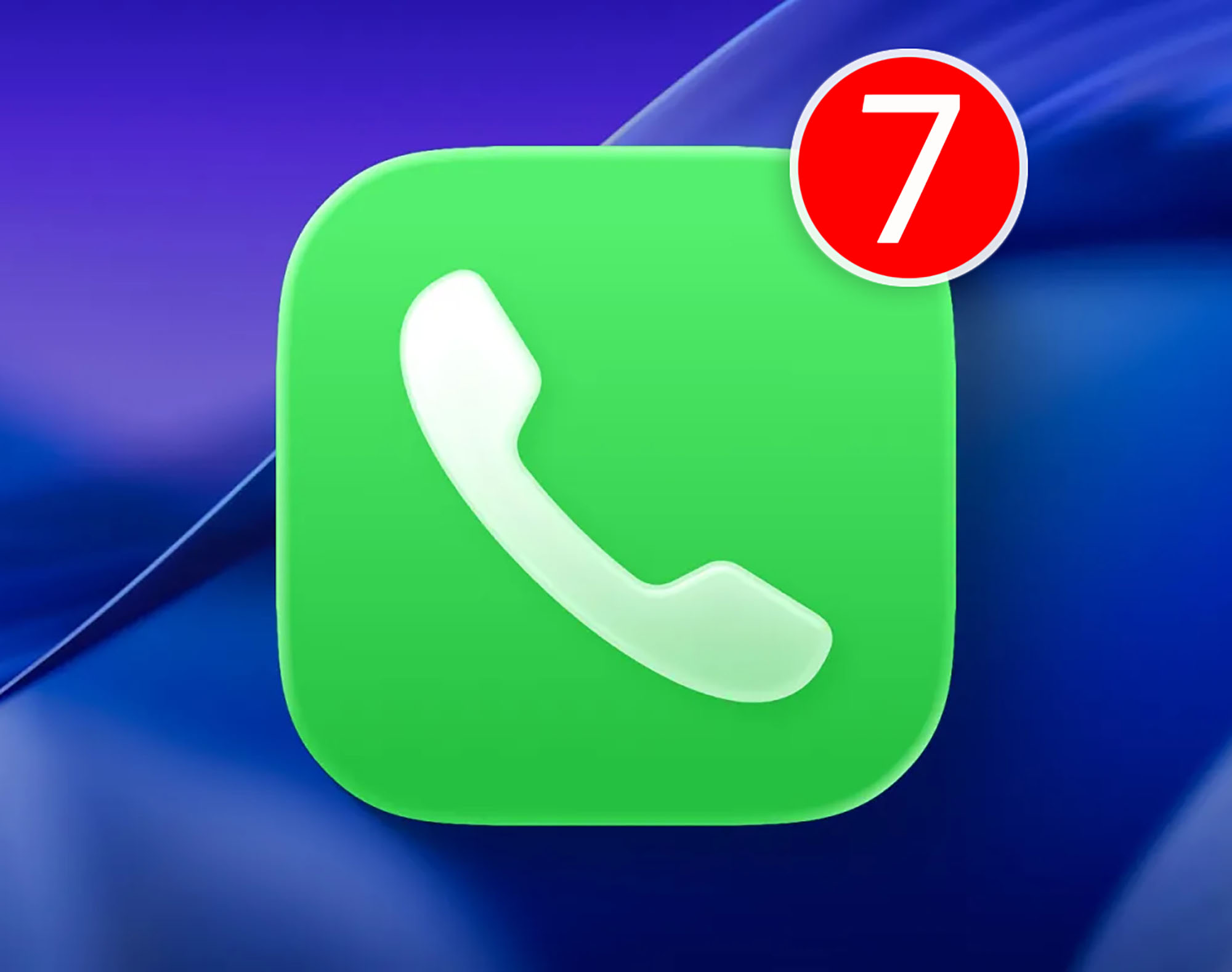In 2011, Chinese messaging app WeChat pioneered what it called voicemail, a way to send audio to your contacts, which it rolled out two years later. whatsapp and in 2014 it appeared in Apple’s iMessages.
According to an interesting collection by The Atlantic, “Voice messages have become incredibly popular. According to the 2023 survey Vox, about a third of Americans use them at least weekly. In 2022, WhatsApp reported that its users sent an average of 7 billion voice notes every day. Months later Wall Street Journal declared 2022 the “Year of the Voice Message.” Devotees can now use them for professional communication on Slack and Microsoft Teams.”
One of the main reasons to use voice messages on WhatsApp is to optimize time, handle deeper and more complex messages, or simply replace phone calls, which are now on the decline.
At ABC of Spain, Anna Flores, an expert trainer in NLP (neurolinguistic programming), spoke about the phenomenon of audio, “evidence that we are becoming more individualistic and more focused on our message and what we want to convey, when and how We I want that by actually listening to another person directly, carefully and consciously… we become a society that prefers to talk through audio rather than call and talk directly.
There are even those who call those who send them selfish, because behind it there is a self-centered desire that does not think about the recipient and their time, and whether they want to hear anything.
Do you love them or hate them?

Another approach to the phenomenon of voice messages on WhatsApp was presented in an interview with the Argentine media TN by Gerald Lembke, a German professor of economics and media management, who spoke of a one-way action, which means sending audio, since it would not be intended for interaction.
“Users say that They love sending voice messages, but don’t like listening to them.. Because? It’s very easy to quickly write down something while doing something else, standing at a supermarket checkout or sitting in a car, but listening to a voice message requires action,” the scientist commented.
One of the main premises or maxims in this regard would be this: if you can send something in writing, prefer that route and do not send a voice message.
The letter is an exercise in condensing ideas, summing it up, and allowing the recipient to re-read it in quieter moments.
He voice mail It forces you to pause, take your time and, above all, retain information, which in modern times requires concentration and minutes, something more valuable than gold.
Personally, I enjoy sending voicemails, but I know there are select people I can do it with: my partner, my mother, my closest friends, a trusted colleague, and especially those who have ever met me. They responded with equal enthusiasm or more than 10 seconds.

It is necessary to know the context in which you can send a message, obviously this is not useful in emergency situations or in moments of tension.
I understand those who hate voicemails and avoid audio messages, I don’t blame them and it seems reasonable to me, for some it’s a waste of time, it beats around the bush without getting to the point and it’s something that can be kept private meeting or phone call.
I have seen and felt a certain contempt for even some unscrupulous people who play WhatsApp audio at full volume on the street or on public transport, as if the rest of us are actually interested in their personal lives. That’s why perhaps the first great recommendation when you go listen to audio is: hold your cell phone to your ear, please.
There is also an increase in speed, which distorts the message, but allows you to exit the received audio process faster.
Either way, love them or hate them, WhatsApp voice messages have been around for 11 years and will probably help you or get you out of trouble at some point. It’s just another tool, whatever you want it to be, but without a middle ground.
Source: Digital Trends












